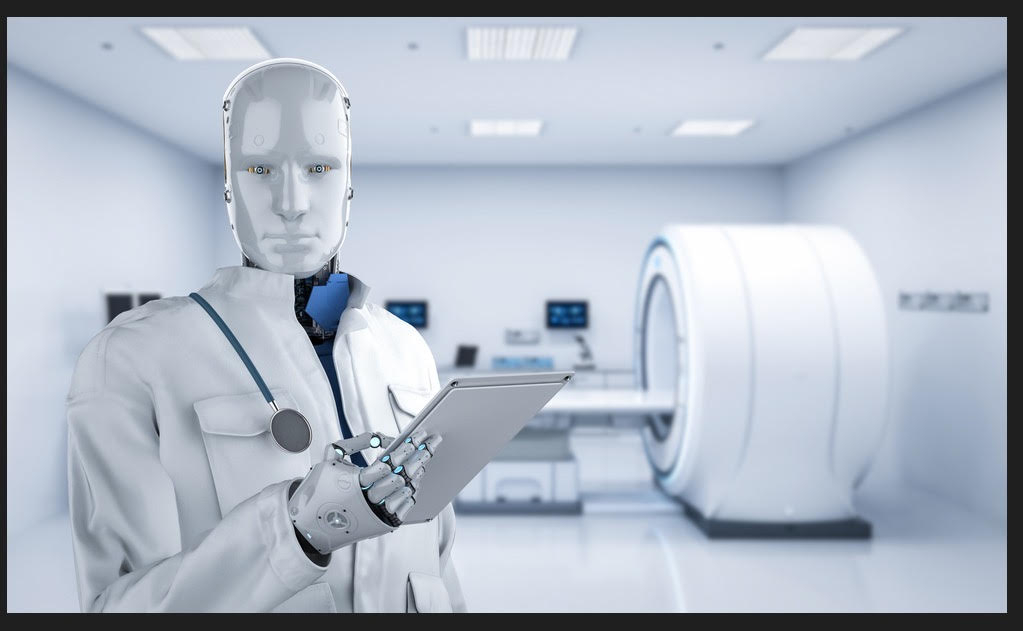
@ShahidNShah


AI and GPTs hold immense potential for improving patient care, enhancing diagnostics and treatment plans, combating physician burnout, and shaping the future of medicine, although ethical considerations, HIPAA compliance, and privacy concerns need to be addressed. Recent developments in generative pre-trained transformers (GPTs) and artificial intelligence (AI) have the potential to be used in a variety of sectors. The use of AI and GPTs in the healthcare industry has the potential to greatly improve patient care, diagnostics, and therapy. The use of prominent AI models in healthcare, including Copilot Bing, Bard, BioGPT, GatorTron, and BiomedLM, will be covered in this article along with any ethical issues, long-term effects, and possibilities for reducing physician burnout. By providing answers to medical inquiries, diagnosing patients, and enhancing patient care, models like Copilot Bing, Bard, BioGPT, GatorTron, and BiomedLM have proven essential in the healthcare industry. These models support medical practitioners in decision-making, efficiency improvement, and better patient outcomes.
Generative AI has the potential to revolutionize patient care in several ways, including:
Overall, generative AI has the potential to improve patient outcomes, reduce healthcare costs, and increase access to medical care. However, it is important to ensure that these technologies are developed and implemented in an ethical and responsible manner, taking into account issues such as patient privacy and data security.
Continue reading at kevinmd.com
The promise of hospital-at-home in the U.S. and improving clinical informatics in the MENA region, as told by Dr. Anwar Jebran, clinical informatics fellow at UI Health and member of the HIMSS …
Posted Apr 28, 2023 Hospital at Home Informatics
Connecting innovation decision makers to authoritative information, institutions, people and insights.
Medigy accurately delivers healthcare and technology information, news and insight from around the world.
Medigy surfaces the world's best crowdsourced health tech offerings with social interactions and peer reviews.
© 2025 Netspective Foundation, Inc. All Rights Reserved.
Built on Dec 17, 2025 at 12:37pm